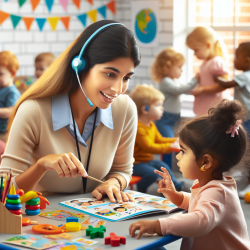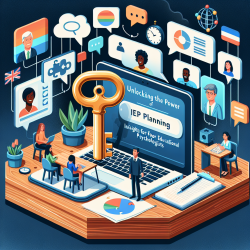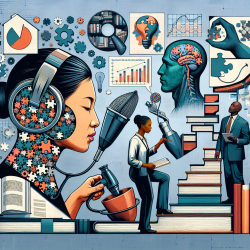Introduction
Physical activity is a cornerstone of healthy development in children, offering a plethora of physical, psychosocial, and emotional benefits. For children with neurodevelopmental disorders (NDDs), engaging in physical activities can be particularly beneficial, promoting physical development and health within a social context. However, these children often face unique challenges that limit their participation in physical activities, especially organized sports.
Research Insights
A study titled Participation in Physical Activity for Children with Neurodevelopmental Disorders provides valuable insights into the participation rates of children with NDDs in physical activities. The research highlights that children with NDDs, especially those with additional externalizing behavior problems (EBPs), are less likely to participate in organized sports compared to their peers without disabilities.
Key Findings
- Children with both NDDs and EBPs are the least likely to participate in organized physical activities.
- There is no significant difference in participation rates for unorganized physical activities between children with NDDs and those without disabilities.
- Family sociodemographic factors, such as parental education and income, influence participation rates in organized sports for children with EBPs.
Practical Implications for Practitioners
Practitioners working with children with NDDs can enhance their skills by implementing strategies based on these research findings. Here are some practical steps:
- Understand the Barriers: Recognize the unique challenges faced by children with NDDs in participating in organized sports, such as motor skill limitations and social barriers.
- Promote Inclusive Activities: Encourage the development of inclusive sports programs that accommodate the needs of children with NDDs, focusing on flexibility and adaptability.
- Engage Families: Work with families to understand their sociodemographic contexts and provide resources or support to overcome barriers to participation.
- Encourage Unorganized Play: Highlight the benefits of unorganized physical activities, which offer more flexible and accessible options for children with NDDs.
Encouraging Further Research
While this study provides critical insights, there is a need for further research to explore additional factors that influence physical activity participation among children with NDDs. Future studies could examine the role of environmental factors, program availability, and the impact of specific interventions designed to increase participation rates.
Conclusion
By understanding the unique challenges and leveraging the insights from research, practitioners can play a pivotal role in enhancing physical activity participation among children with NDDs. This not only promotes their physical health but also supports their social and emotional development.
To read the original research paper, please follow this link: Participation in Physical Activity for Children with Neurodevelopmental Disorders.










